The ongoing Covid-19 global pandemic has thrown up many challenges for companies worldwide. For Irish companies exporting to North America, these challenges have varied widely from sector to sector, but some, such as remote working, communication with clients, difficulties in finding new business, establishing sales pipelines and cash flow issues have been identified as common. As such, a basic roadmap to recovery has been drafted by Enterprise Ireland (EI) to help companies navigate through this uncertain time.
“The roadmap is a framework,” says Sean Davis, Regional Director for North America at EI, “but what’s interesting is that it extends across many, if not all sectors.”
There are three stages to the roadmap, and it’s backed up by EI supports to get companies into stages two and three:
- Stabilise – protect your business, maintain operations and retain employees
- Reset – adapt your business, plans and operations to new conditions
- Recover – Restart innovation and capitalise on early demand as recovery develops
Communication is key
One major issue that affects every stage of the framework is communication. Many companies found themselves scrambling to deal with a workforce that suddenly became remote. Face-to-face meetings became impossible, and in the North American market, different time zones and inability to travel became massive issues for Irish companies – and so setting up successful and secure online communication technologies became key.
Dr Martyn Farrows, COO of Soapbox Labs, explains that the communication issue is not just an internal problem, but also extends to your customers and potential clients. “For us, as an online business, we were very comfortable with using many of the technologies available to us, such as Slack, as we had already had them set up internally. That situation was put into very stark contrast with the market. Our business has a very regular 12-month rhythm as we do a lot of work with the education sector, so when this kicked off in February/March, we were right into our development phase and two very big customer networking events in North America were cancelled as a result of Covid. So we had to react very quickly as to how we could communicate with our clients and how we could support them as they adapt to a remote learning environment.”
But there are positives. Because this is a global problem, everyone has the same communication issue – and Sean explains that in a way it’s a great leveller for companies, as location becomes less of an issue when face-to-face meetings are not possible for anyone. “We also had a good call with Professor of Innovation and Entrepreneurship at the Kellogg School of Management, Northwestern University. Following research work with a large number of North American companies, the conclusion is that we’ve actually crossed the digital rubicon in terms of our movement towards digitalisation and this new virtual environment.
“Maybe one of the benefits of Covid has been that push of the technological envelope, leading companies to utilise technology in a more utilitarian way.”
Adapting your business
For every company, there is a real need to adapt to the new market conditions, and answer any individual challenges that present themselves to the company. John Power is the CEO & Managing Director of Aerogen, a company that manufactures the only product that delivers drugs via a closed-system aerosol on ventilated patients, so he experienced great demand as the crisis took hold. “In the second two and a half weeks of March we received orders equivalent to the orders received in the first half of last year. But that meant we had to ramp up our manufacturing at a time when the world in many ways was shutting down. For instance, a lot of our product is shipped globally on passenger planes but when they were grounded, we had to look for capacity on cargo planes. It was a very challenging time and we had to manage expectations to make sure everyone was getting what they needed to keep them going.”
For Martyn, too, there was a need to adapt quickly. “We have just launched a first-of-its-kind voice-powered assessment tool to help educators understand and accelerate literacy development for remote learners in the US. That is an interesting case study as we signed the contract in January 2020 for delivery in August 2021. In May, the customer floated the idea that they’d like to speed up development to bring it in this year to address needs created by Covid. Now there are 150,000 kids able to access that product for their learning, growing to 2 million in the next two years. This is a good example of needing to be agile, needing to adapt to your customer’s needs as they try to respond to the needs of the market.”
Both John and Martyn agree that the key to rising to such challenges is being sensitive to your staff’s needs, especially in such uncertain times when staff members may be dealing with virtual working challenges, stress and worry about illness, and children at home from school. “You have to manage things very carefully and set clear expectations,” says Martyn. “Our team has been amazing and adapted extremely well, but a lot of that is down to effective communication.”
Preparing for the future
While stabilising and adapting your business is key to survival, to keep trading once the crisis is over, preparation for the future is vital. And again, finding new ways to communicate is extremely important.
“In the medtech industry, our usual method of opening new accounts would be to meet the people and demonstrate our products,” says John. “Obviously that has been disrupted now as hospitals don’t want people coming off the street amid the restrictions. We’ve had to develop more online training, online webinars and keynote speeches to try and attract a pipeline for the future that way.”
Both Martyn and John agree that to succeed in the North American market, preparation and flexibility are needed. “We did a lot of research into the market and were fortunate to get a Market Discovery Fund grant approved through EI, which was pivotal for our entry into the market,” says Martyn.
“It’s all about preparation; there is no such thing as an overnight success in the US market.”
“Our modus operandi at EI over the past 30+ years has been to cultivate the client/buyer relationship,” says Sean.
“With the opening of our Montreal office, we will have eight offices across North America. I would advise any client company to get in contact with our local manager and market adviser for help during this time. We have had the same communication issues as our clients, but we’ve moved quickly to adapt so we can continue to nurture those client-buyer relationships.”
So what will be the future for Irish companies operating in North America? “At the start of this crisis, you couldn’t over-communicate, everyone wanted information,” says Sean. “But as it started to move through its different phases, we’ve moved more into trust and delegation. There will be a certain snap-back once we start to get back to normal and a certain amount of personal interaction will come back. On this point, there is a distinct difference between the US and Canada, as in Canada, those personal relationships are very important – which is why we have two offices there now.
“There has always been a cultural affinity between America and Ireland – but there are a lot of domestic NA companies that will be dusting themselves off and looking at the opportunities within the region – of which there are plenty – and they may be taking advantage of the huge markets on their doorstep to help them recover. That will be a future challenge for our clients.”

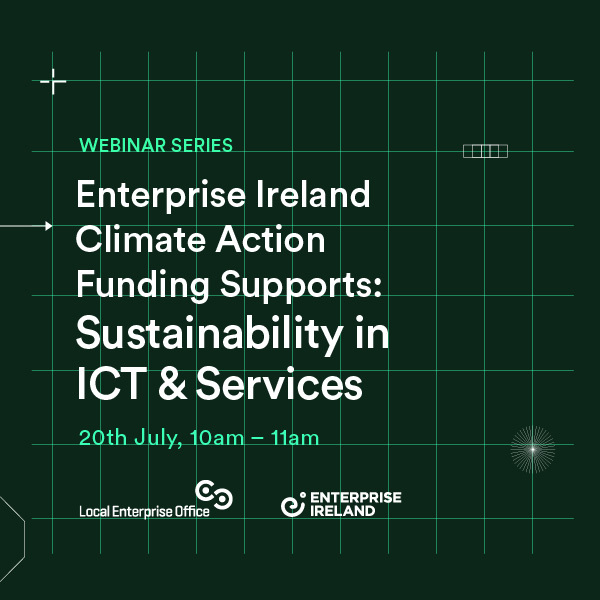

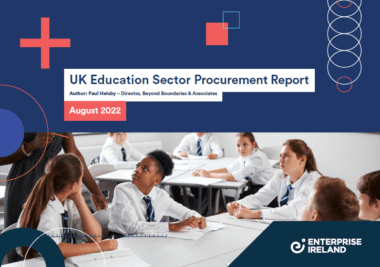
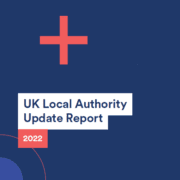
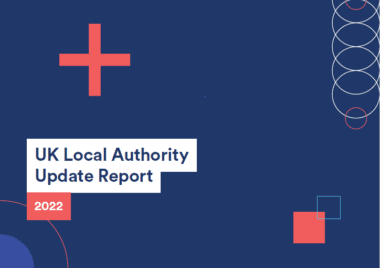







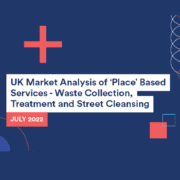
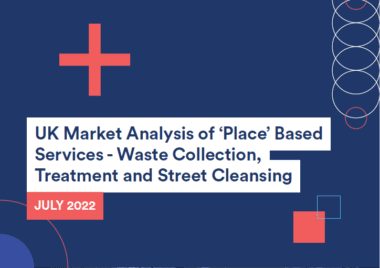
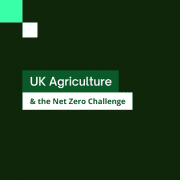
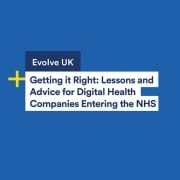
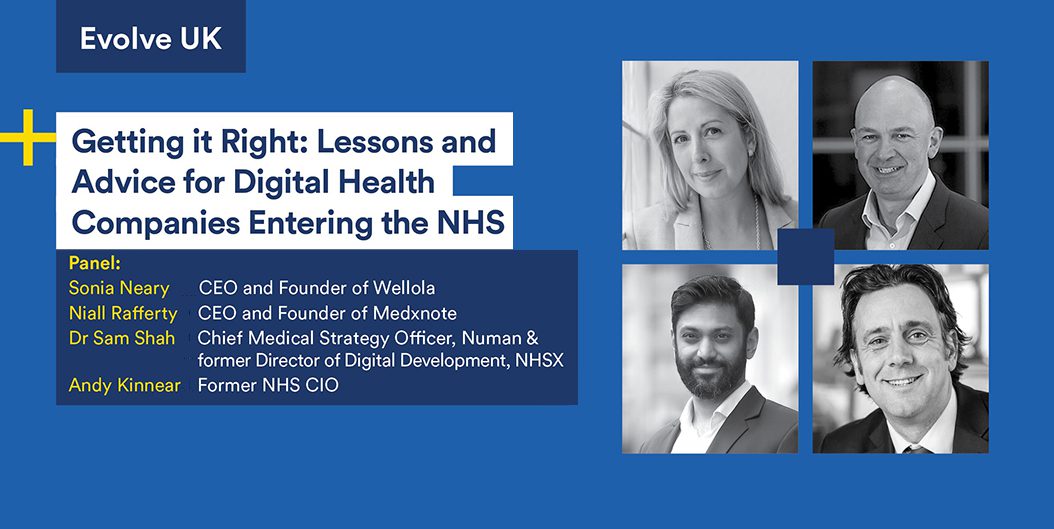


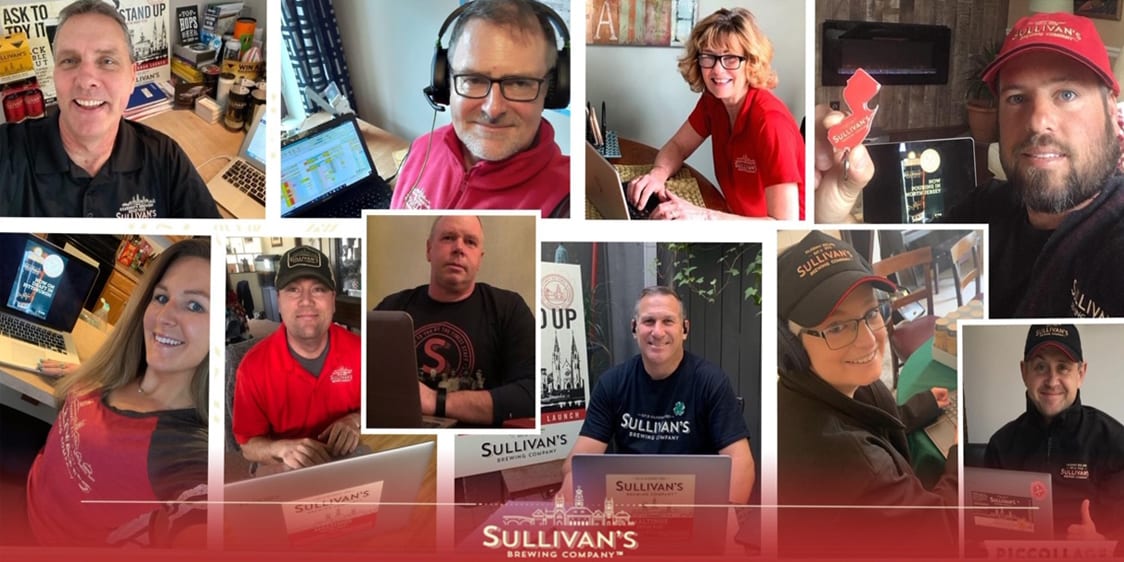 Alan Quane, Group CEO of Sullivan’s Brewing Company, speaks about continuing to grow during difficult circumstances and building an international brand
Alan Quane, Group CEO of Sullivan’s Brewing Company, speaks about continuing to grow during difficult circumstances and building an international brand
